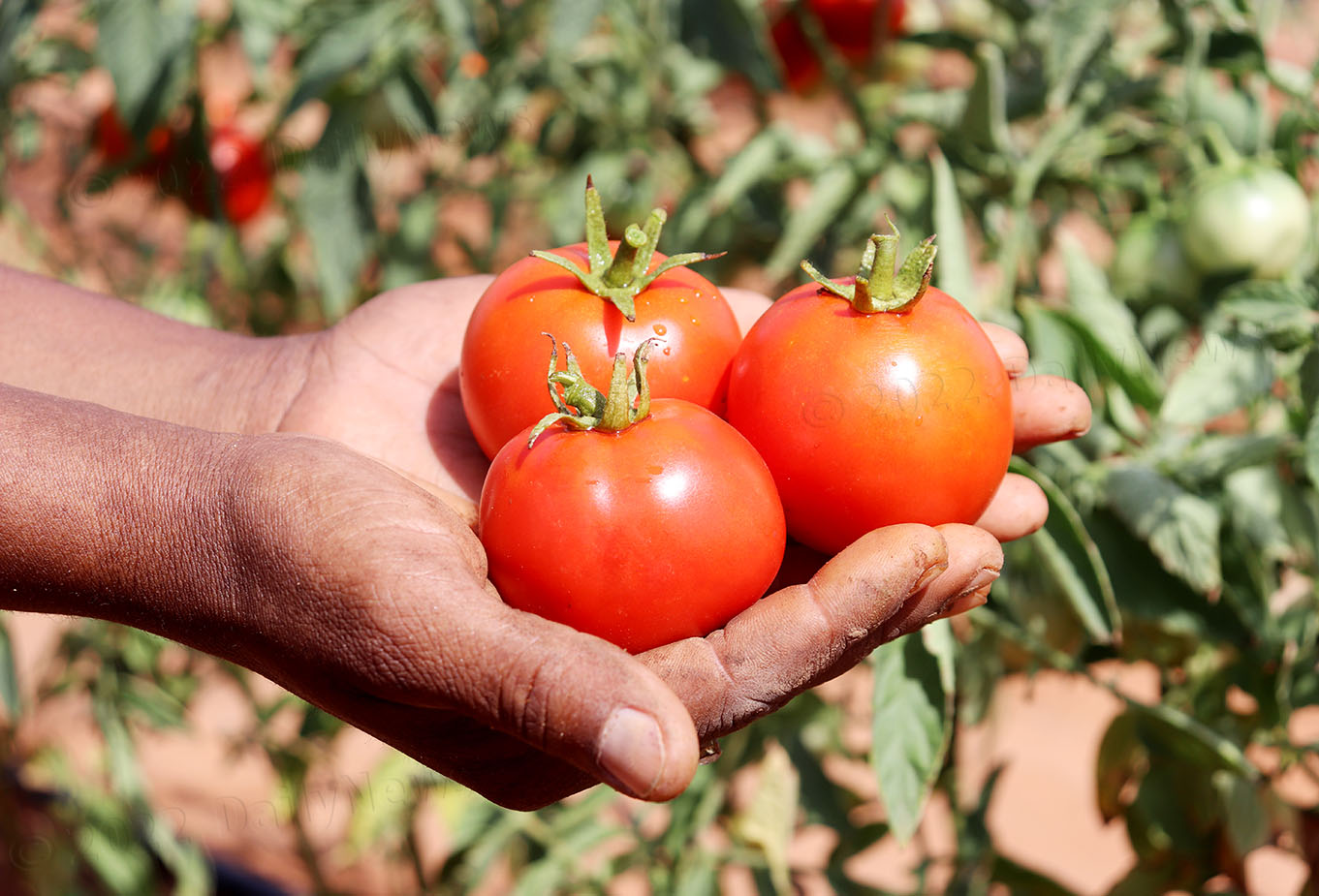Import ban review in two years - Molao
05 Oct 2022
The current ban on the importation of some horticultural products will be reviewed in two years, not to lift it but to add more crops to the ban list given the positive results it yields.
The ban has so far revived the confidence of horticultural farmers who to date have produced 27 866.86 tonnes of vegetables and cultivated 1103.28 hectares of land since April.
In his update through Radio Botswana’s Live Line programme on October 3, the Minister of Agriculture Mr Fidelis Molao noted that more new farmers were being registered daily while others were increasing the area of land cultivated thereby giving hope to the growth of the sector.
“The ban has assured farmers of the market for their products compared to the past where they were running at a loss as there was nowhere they could sell. The market for horticulture produce is locally available and it must be fully utilised,” he said.
The ban which started in earnest in January following consultation with stakeholders covers tomato, carrot, beetroot, potato, cabbage, lettuce, garlic, onion, ginger, turmeric, chilli pepper, butternut, watermelon, sweet peppers, green millies and fresh herbs.
Mr Molao said in the recent past, approximately P11 billion was exported in purchasing horticultural produce, adding that the long term plan was to continue cutting on horticultural products that were imported and by so doing empower local farmers to ultimately grow more and export some of their produce.
In an effort to facilitate the transition progress, Mr Molao said government availed P20 million loan scheme through CEDA to support those willing to expand or engage in horticulture with the intention to increase the fund since it was positively utilised.
Mr Molao said government had the responsibility to empower its people to be self-sustainable, improve their livelihoods, create wealth, employment and contribute meaningfully to growing and diversifying the economy.
He also noted that government had availed land for various farming activities. “The ban will, therefore, push towards full utilisation of the land, more so that agriculture is a cultural practice and the people are also empowered towards using modernised methods of farming through education” he said.
As such, Mr Molao said government was determined to assist the sector thrive, exploit its value chain and contribute towards employment by encouraging profitable irrigation farming.
Mr Molao said he did not envisage that the ban on importation of some horticultural products from South Africa would by any chances have negative implications on the two nations’ relations or affect business relation between the two countries..
He said through SACU, infant industries like the horticultural sector in Botswana were heavily guarded to give them an opportunity to grow.
“The larger share of horticulture products are still imported from South Africa. Those banned were imported as processed products. We are eager to see the local horticulture sector grow, sustain local demand, export surplus produce as processed products,” said Mr Molao.
Meanwhile, the Director of the Department Agro-business Promotion, Ms Kelebonye Tsheboeng appealed for sustained surplus of varied vegetable and fruits.
Ms Tsheboeng said due to seasonal challenges some vegetables were not available throughout the year, therefore horticulture farmers were encouraged to up their game and grow vegetables in a protected environment to sustain their availability.
She said farmers were advised to grow vegetables in a protected environment to guard against weather challenges.
The board member of Farmers United, a horticultural farmers association, Mr Richard Molosiwa said the ban was a welcome development as they had long appealed to government to come up with mechanisms to help the sector grow.
Though experiencing transitional challenges, Mr Molosiwa said through commitment and determination of farmers, the sector would succeed in the long run. Mr Molosiwa said even though some were still sceptical on issues of among others quality of their products and packaging, the challenges would be addressed through collaboration by all concerned stakeholders.
“We have the market and those sceptics on the quality of our products will be addressed accordingly. We must work on empowering one another to sustain our supply of all vegetables,” said Mr Molosiwa. Ends
Source : BOPA
Author : Moshe Galeragwe
Location : GABORONE
Event : Minister\'s Update
Date : 05 Oct 2022






